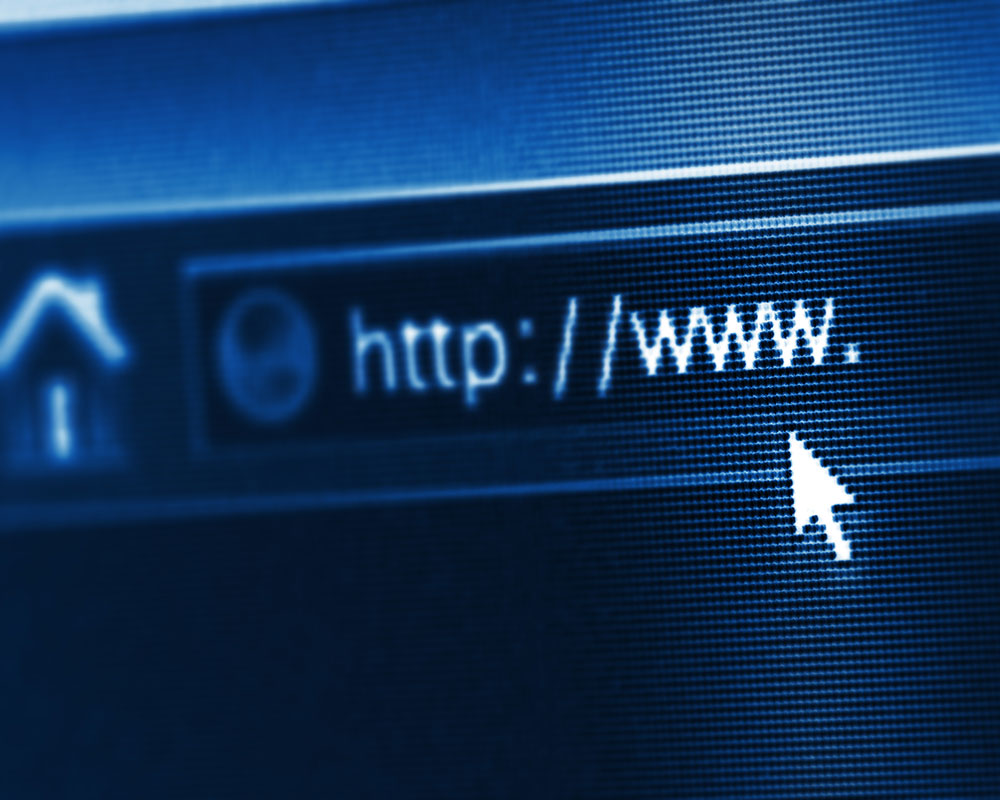Haverhill, Methuen and Lawrence are among Gateway cities targeted to receive help boosting Wi-Fi capacity in public libraries, providing internet at shelters to support homeless families and developing free, neighborhood-wide mesh Wi-Fi networks.
Essex County Community Foundation last week received unspecified state support from the Regional Digital Equity Partnership Program through the Massachusetts Broadband Institute at MassTech Collaborative.
Essex County Community Foundation has called attention to the “digital divide.” The nonprofit conducted a study with the help of Tufts University and discovered one in five households in Essex County lacked a basic computer and approximately 60,000 households do not have secure broadband internet. The Foundation’s Chief Operating Officer Stratton Lloyd detailed the problem for WHAV listeners last year.
“In Haverhill, specifically, and we actually shared some of this data with your leadership, is they’re thinking about sort of how they tackle some of these issues as well as in the public schools—we were actually talking to the Haverhill Public Schools technology group—is that like it does across the county, it really impacts lower income residents more substantially. It has a larger bent towards impacting Latino residents and seniors, and I think one of the areas of particular focus for Haverhill is the impact for children. In all those areas, low income, Latinos, children and seniors, Haverhill is below the county average,” Lloyd said.
Supported with $9.2 million in economic recovery money, Massachusetts Broadband Institute previously launched public wireless hotspots in unserved towns in western and central Massachusetts and provided digital support for job seekers provided through the Mass. Internet Connect program. It is now developing regional partnerships to address internet connectivity gaps, including new digital equity projects around the North Shore and Greater Boston.
The Mass. Internet Connect program, begun last January to support unemployed job seekers, is being extended until next June 30. Through the program, more than 4,000 unemployed job seekers in the MassHire system were assisted with direct subsidies or referrals for internet subsidies, devices and/or digital literacy services. Subsidies initially came from the state, but now come from the federal Emergency Broadband Benefit program.
The Wi-Fi Hotspot program, launched in April 2020 as a response to the COVID-19 pandemic, provided outdoor, high-speed wireless access points in so-called “Last Mile” communities that lack broadband access. Built off of the state-owned MassBroadband 123 network, the service was expanded to include indoor hotspots and reached a peak of Wi-Fi sites in 26 communities.

